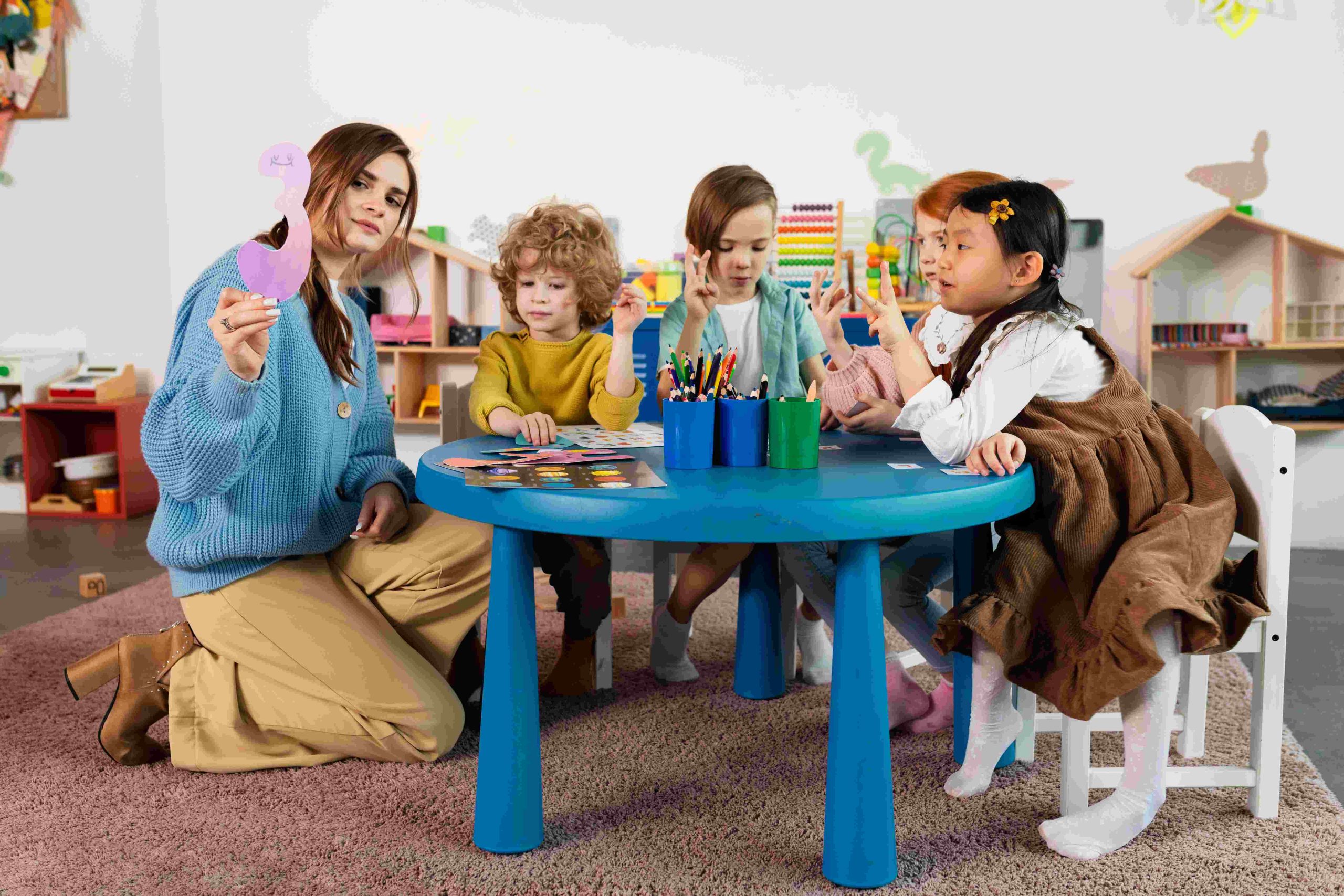
Choosing the Right Childcare: Preschool vs. Daycare
Deciding on the most suitable type of childcare for your child is a significant decision, especially when considering their educational experience. With numerous options available, such as preschool and daycare, determining which offers the best educational experience for your child’s development and well-being can be challenging. This article explores the differences between preschool and daycare, focusing specifically on the educational experience provided by each.Understanding Preschool: Enhancing Educational Experiences
Preschool, known for its foundational role in children’s educational experience, serves children aged three to five and prepares them for kindergarten. It enhances their educational experience by developing essential socio-economic, emotional, and academic skills through structured curricula. Activities designed to foster letter recognition, counting, and interpersonal skills like sharing and turn-taking are integral to their educational experience. Moreover, preschools enrich the educational experience with diverse activities such as art, music, and physical education, nurturing creativity and physical development.Exploring Daycare: Enriching Early Educational Experiences
Daycare facilities offer childcare services primarily for working parents, contributing significantly to a child’s educational experience even in a less formal setting. These establishments provide a secure environment for play, learning, and social interaction, essential components of a comprehensive educational experience. Though they may lack a structured academic curriculum, daycares enhance the educational experience through age-appropriate activities aimed at boosting cognitive, social, and physical skills.Differences Between Preschool and Daycare: Impact on Educational Experiences
- Curriculum: Preschools emphasize structured academic and social skill development, providing a formal educational experience, in contrast to daycares that focus on a nurturing environment for play and informal learning.
- Hours of Operation: Preschools usually operate during school hours, offering a consistent educational experience, whereas daycares offer flexible hours year-round, accommodating parents’ schedules and extending the educational experience.
- Cost: The cost of preschools reflects the structured educational experience they provide, typically higher than daycare services, which charge daily or weekly rates for their care.
- Staff Qualifications: The qualifications of preschool staff contribute to a high-quality educational experience, with most teachers holding degrees in early childhood education, unlike daycare staff, who may have varied educational backgrounds.
- Parent Involvement: Preschools often involve parents in the educational experience through formal communication and activities, a practice less common in daycares.
- Age Range: The focus of preschools on children aged three to five provides a targeted educational experience aimed at preparing them for kindergarten, unlike daycares that cater to a broader age range.
Conclusion
Choosing between preschool and daycare involves considering various factors such as the desired educational experience, cost, and staff qualifications. Understanding these childcare options and their impact on the educational experience allows parents to make an informed decision, ensuring a positive and enriching educational experience for their child.

